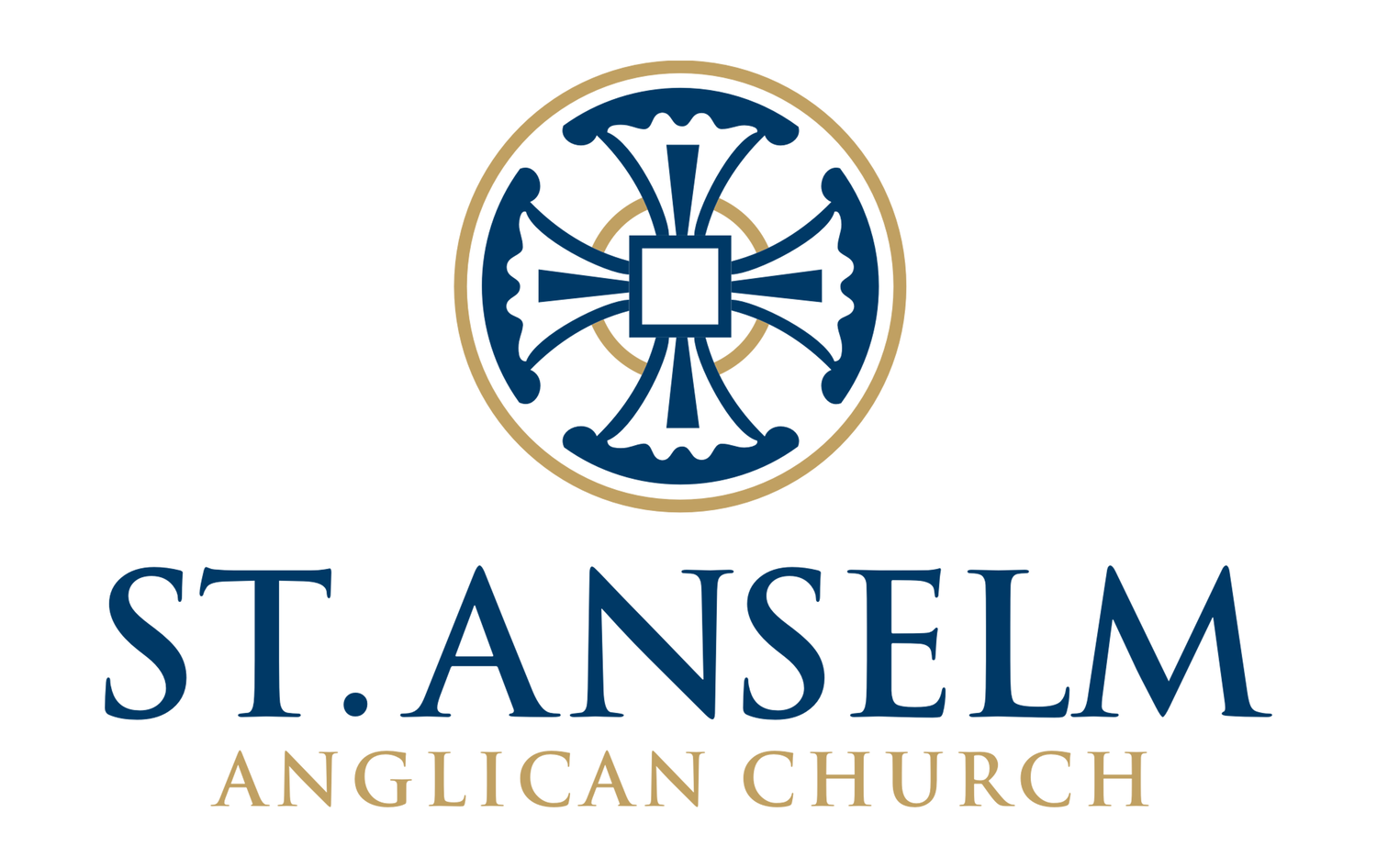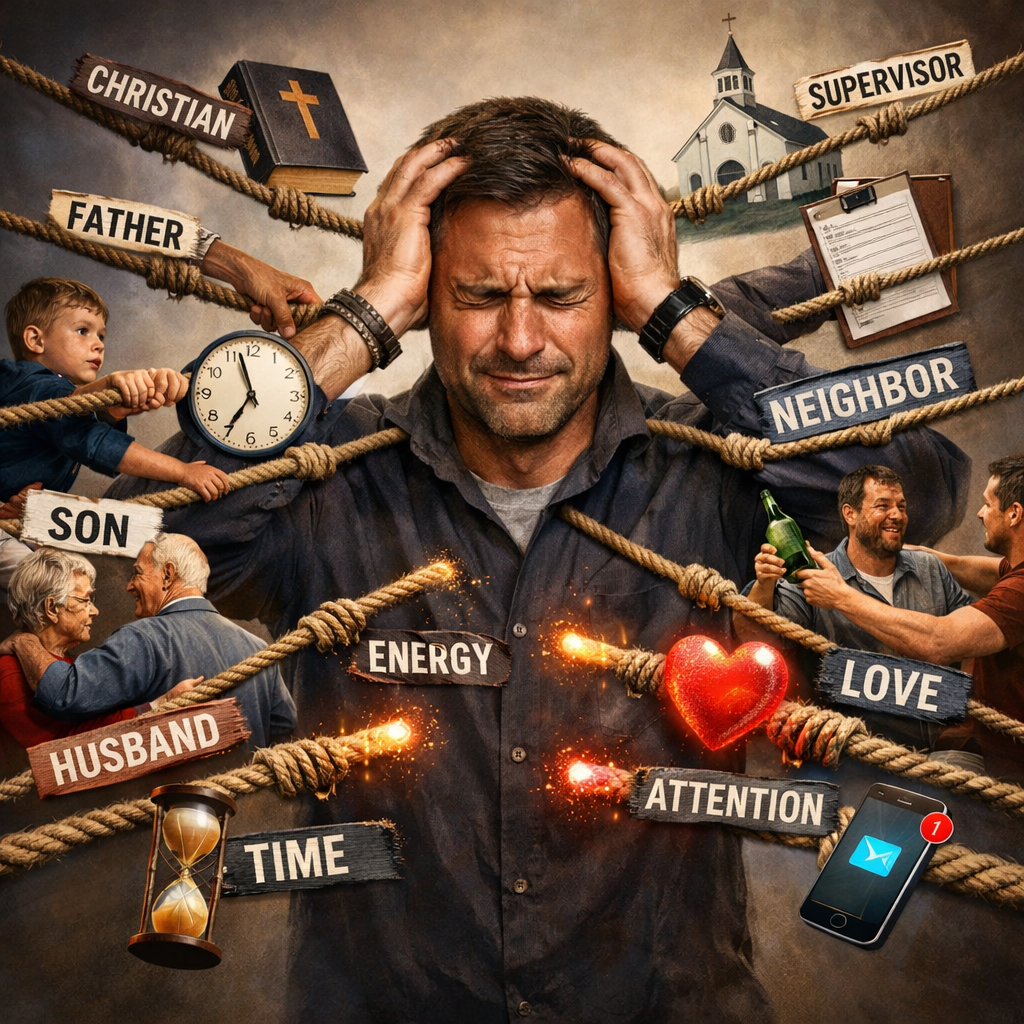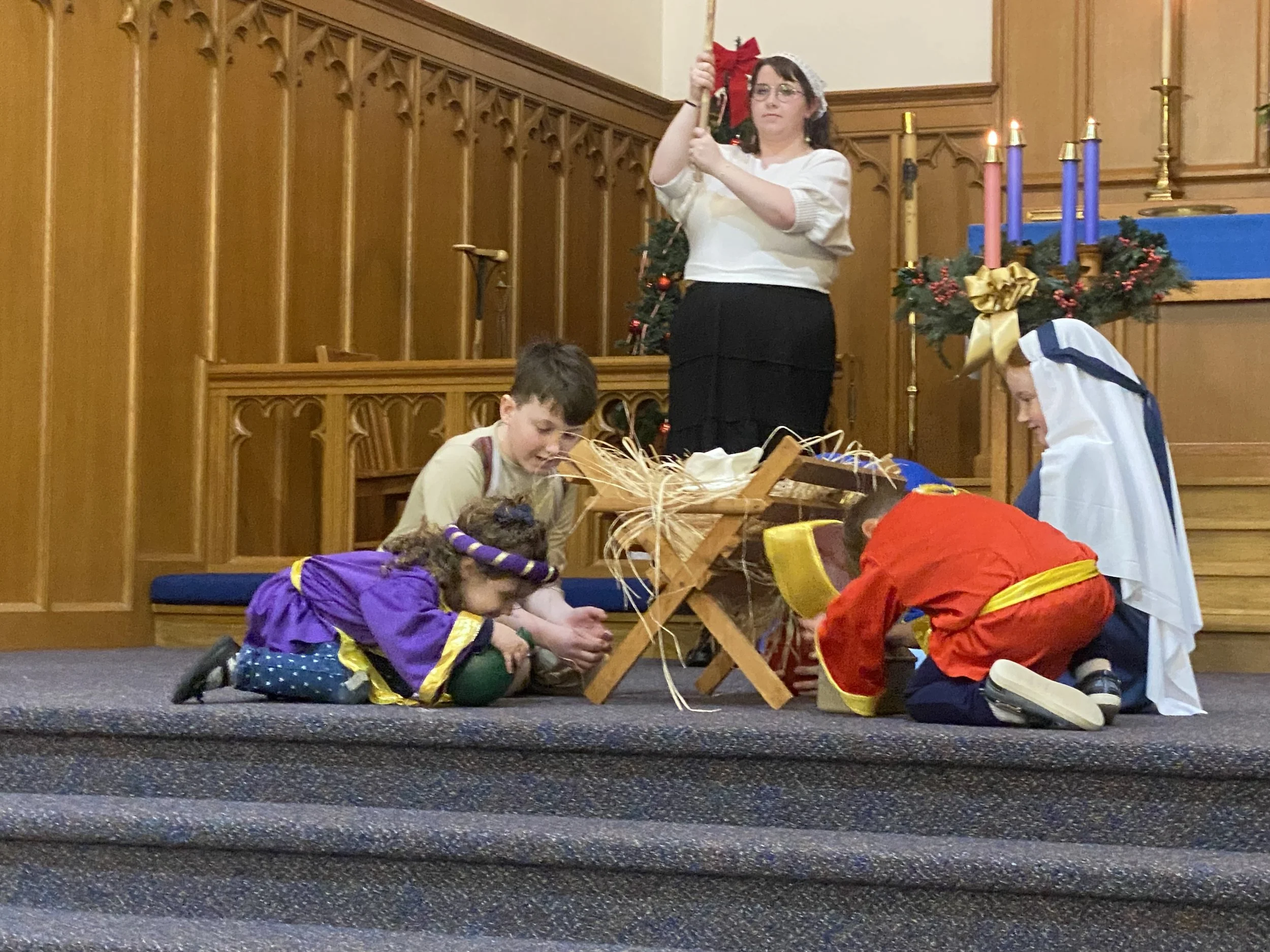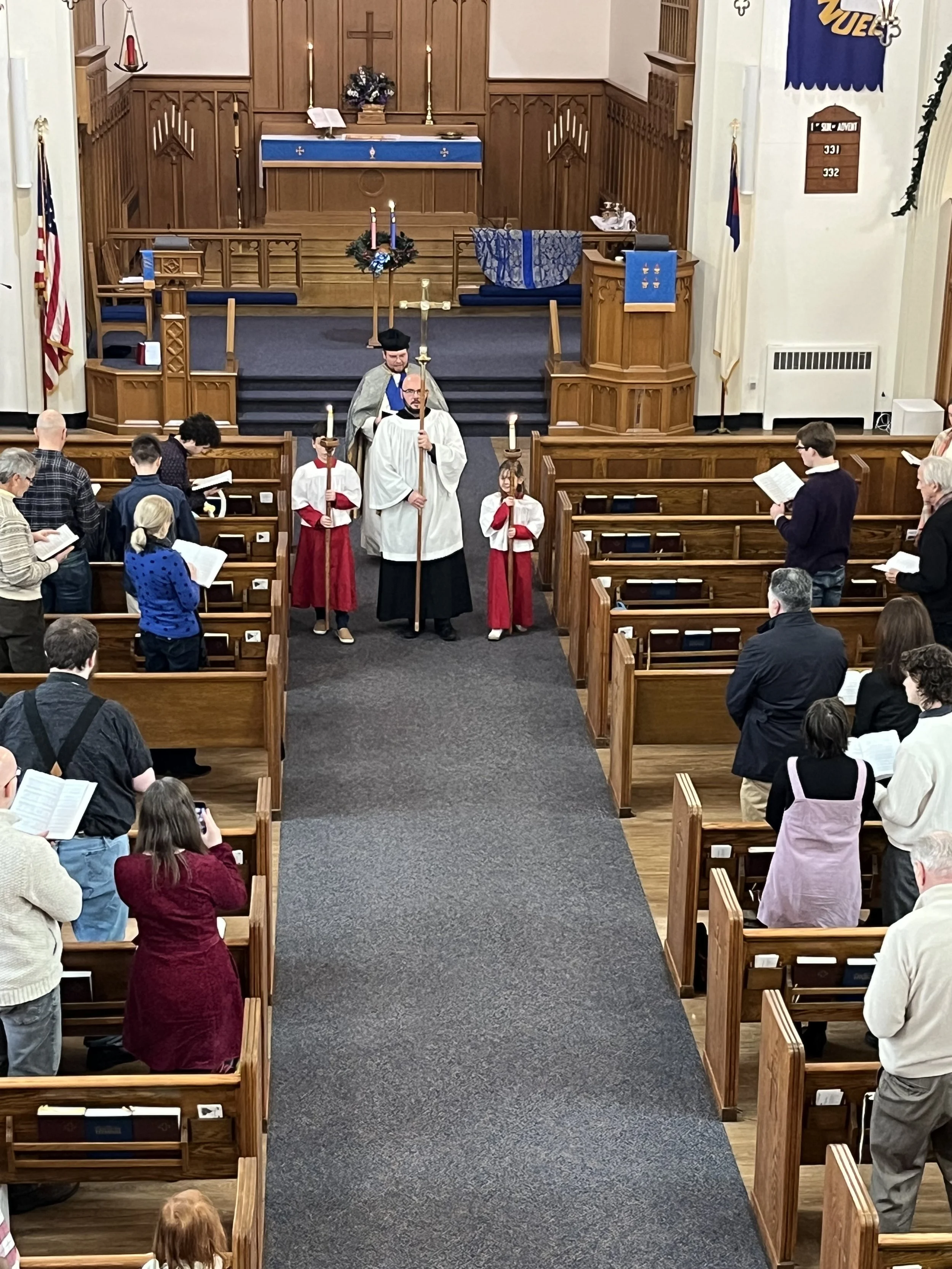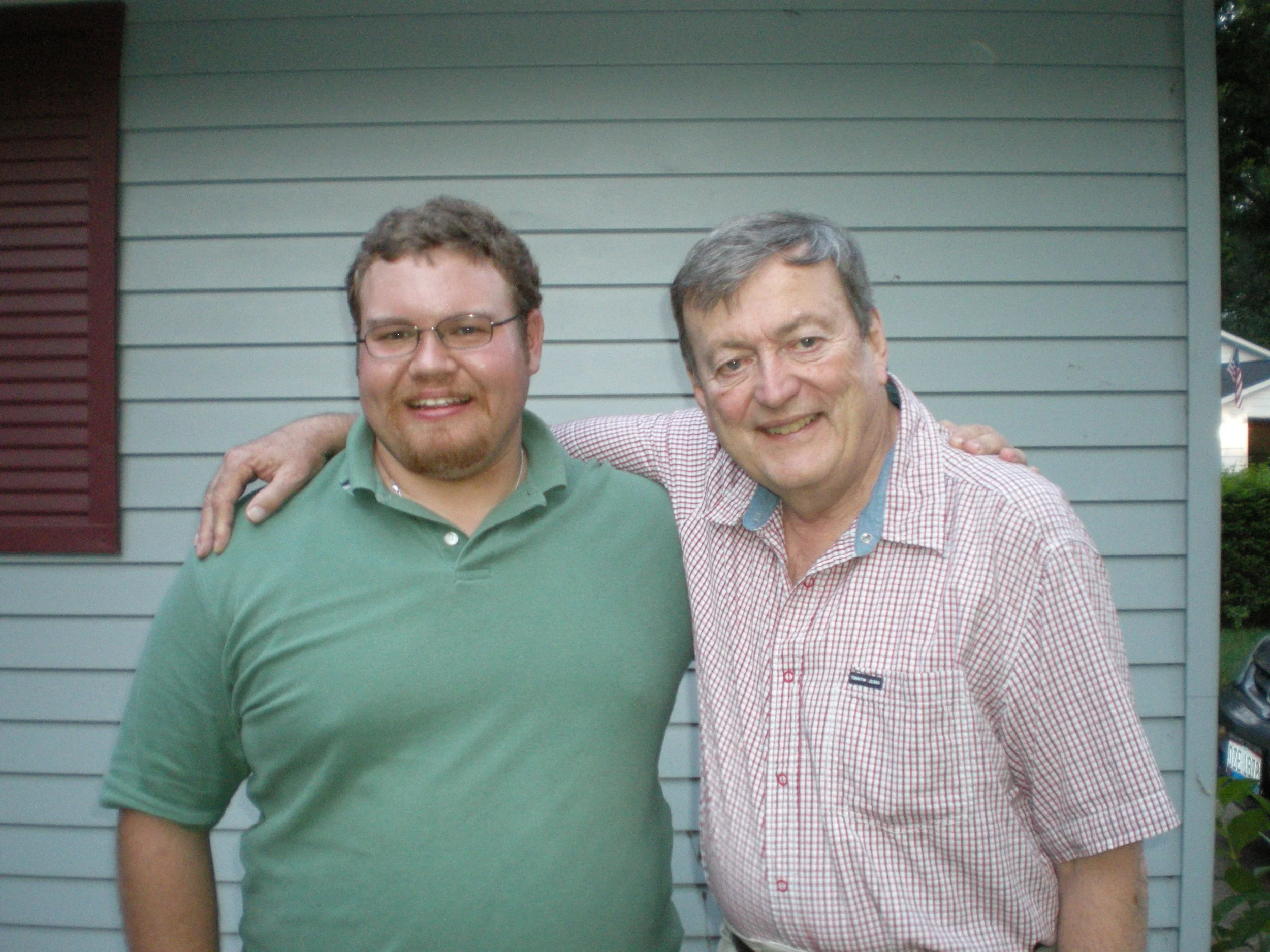We continue in looking at the significance of the Dedication and Institution service. Today we switch to focus more on the Institution of a Rector. What is a “Rector?” It comes from the Latin regere meaning "to rule or guide.” It is the same root from which the English “Director” is derived. The Rector is the spiritual “ruler or guide” of his Parish. In Anglican governance ruling authority is split by canon (church law) between the Rector and the Vestry. In the last article you read how the Wardens hold temporal authority with the Vestry, today we look more deeply at the role of the Rector
The Rector holds authority in all spiritual matters in the Parish Church. This includes the selection of clergy, staff, programs, teaching, preaching, music and liturgy. He also sits as chairman of the Vestry and appoints most committees and ministry leaders.
Together the Rector and Vestry hold authority over the local congregation but they are both subject to the spiritual authority of the Bishop and Synod (essentially the congress of the diocese made up of lay and clergy delegates). It sounds complicated, but that is because there are many checks and balances in recognition that even in the Church the sinfulness of humans must be factored in.
In the service this Sunday you will hear the bishop read the “Letter of Institution” and then give it to the Rector. As the Rector receives it he says, “I promise to be a faithful shepherd to your flock, the Lord being my helper.”
The bishop will also ask God’s grace on the Rector to, “empower him with the truth of sound doctrine, and endue him with holiness of life.” In the epistle reading for the day St. Paul writes,
11 And he gave the apostles, the prophets, the evangelists, the shepherds and teachers, 12 to equip the saints for the work of ministry, for building up the body of Christ, 13 until we all attain to the unity of the faith and of the knowledge of the Son of God, to mature manhood, to the measure of the stature of the fullness of Christ. (Ephesians 4:11-13)
In addition to the checks and balances in the church and the mantles of authority, this also reminds us that though we have different roles we are all equal in the body of Christ. It is God who give us our roles to play and it is also God who gives us the grace to accomplish what He asks of us. While this is His promise, we still beseech Him to ever do so in singing the Litany for Ordinations.
